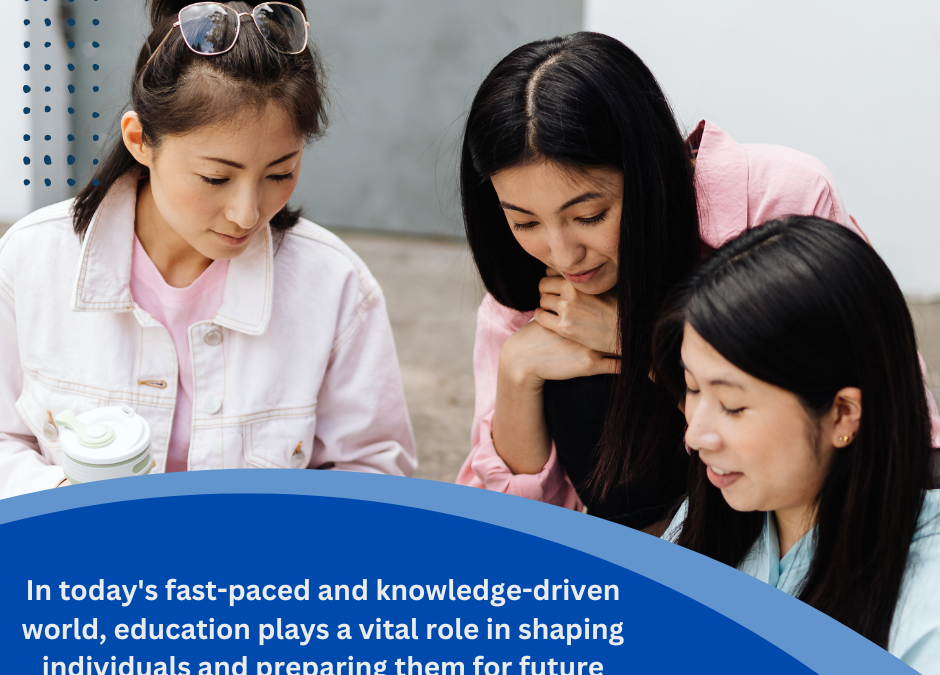Introduction
In today’s fast-paced and knowledge-driven world, education plays a vital role in shaping individuals and preparing them for future challenges. Assignments are an integral part of the learning process, helping students develop critical thinking, problem-solving, and cognitive skills. However, sometimes students may need assistance to excel in their assignments and enhance their cognitive development. This blog explores the most effective assignment help methods that can contribute to boosting cognitive development.
Encouraging Active Learning:
One of the key aspects of effective assignment help is to encourage active learning. Instead of simply providing answers or solutions, tutors or assignment helpers should guide students towards finding the answers themselves. By engaging in active learning, students are prompted to analyze, evaluate, and synthesize information, leading to a deeper understanding of the subject matter. This approach stimulates critical thinking and problem-solving skills, promoting cognitive development.
Scaffolded Support:
When students gradually lessen their reliance on help as they become experts in a certain idea or ability, this is referred to as scaffolded support. Effective assignment assistance should include scaffolding, beginning with basic direction and progressively lowering the amount of support. This approach allows students to gradually take ownership of their learning, build confidence, and develop independent cognitive skills. Scaffolding techniques can include providing examples, breaking down complex tasks into manageable steps, and offering feedback and reinforcement.
Utilizing Technology:
In the digital age, technology has transformed education and assignment assistance practices. Online platforms and tools can provide valuable resources, interactive materials, and virtual learning environments that enhance cognitive development. For instance, interactive simulations, educational games, and multimedia presentations can make assignments more engaging and promote higher-order thinking skills. Additionally, online collaboration tools facilitate peer-to-peer interactions and discussions, fostering cognitive growth through knowledge sharing and diverse perspectives.
Promoting Metacognitive Strategies:
Metacognition refers to the ability to reflect on one’s own thinking processes and regulate cognitive activities. Effective assignment help UK should encourage students to adopt metacognitive strategies, such as planning, monitoring, and evaluating their learning progress. Tutors can guide students in setting goals, organizing their thoughts, and assessing their strengths and weaknesses. By developing metacognitive skills, students become more self-aware learners, improving their problem-solving abilities and metacognitive regulation.
Providing Timely Feedback:
Timely and constructive feedback is crucial for students’ cognitive development. Assignment assistance should involve detailed feedback that focuses not only on the final outcome but also on the thought processes and approaches used to reach that outcome. Feedback should highlight strengths, address areas for improvement, and suggest alternative strategies. Effective feedback encourages students to reflect on their work, identify errors, and make necessary adjustments, thus enhancing their cognitive abilities and promoting continuous learning.
Conclusion:
Effective assignment help goes beyond providing mere answers or solutions. It is a process that nurtures cognitive development by encouraging active learning, providing scaffolded support, utilizing technology, promoting metacognitive strategies, and providing timely feedback. By incorporating these practices, students can enhance their critical thinking, problem-solving, and self-regulation skills. Ultimately, the goal is to empower students to become independent learners, capable of tackling complex challenges in their academic and professional lives.



